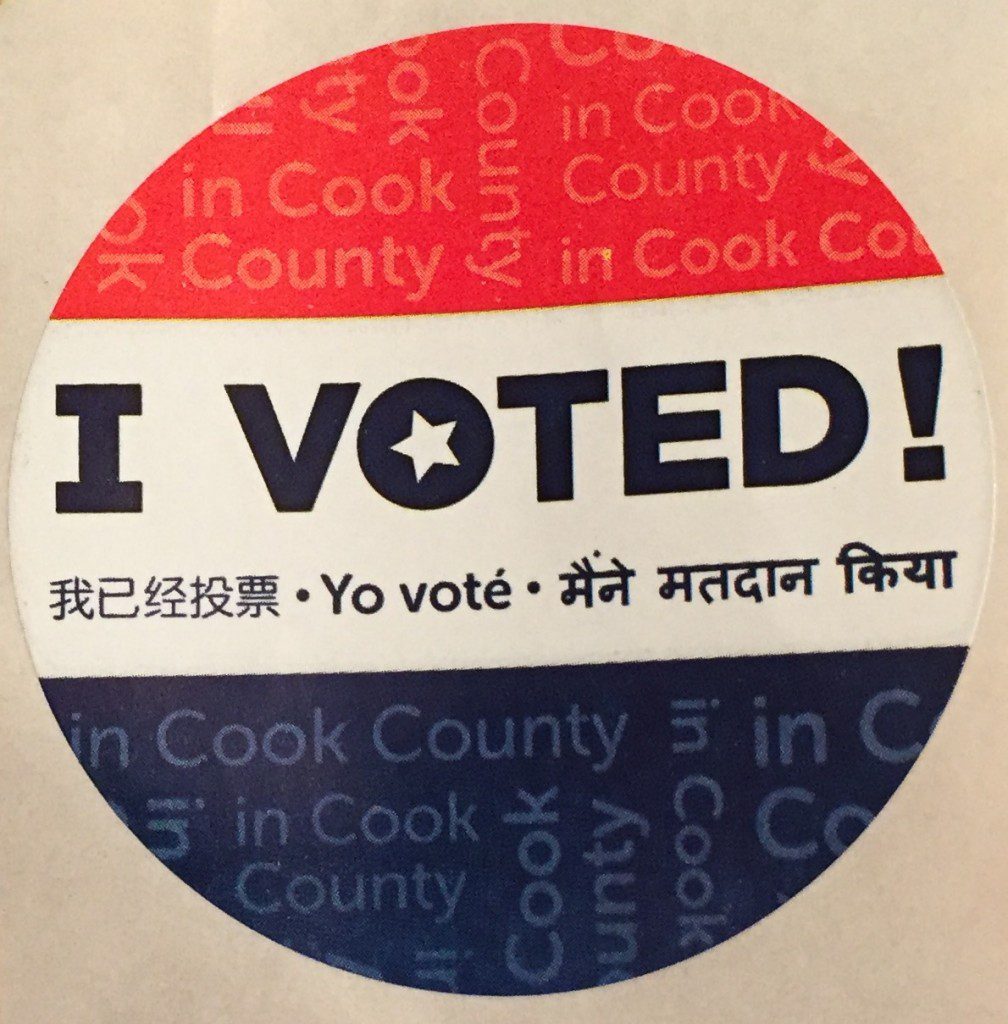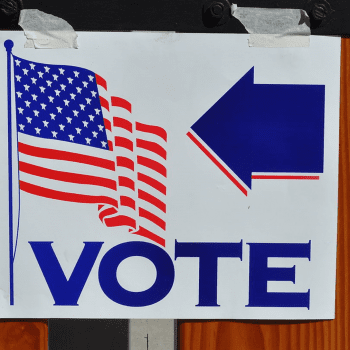
So says the New York Times in its editorial earlier this week.
The article doesn’t call for a constitutional amendment, but for more states to approve the National Popular Vote Compact, an agreement that each signing state will direct its electors to vote for the winner of the national popular vote. This seems like a clever solution, until you consider that states would be bound to vote for a candidate that perhaps carried only a small portion of the votes in their own state — which seems to me, makes it rather likely that one or more states will abandon the agreement.
Now, I had previously offered a replacement system, though it didn’t generate an awful lot of excitement.
Mathematically, the Electoral College system advantages the smallest states, insofar as their residents have a disproportionate level of influence by the fact that each state always gets two “extra” electors, beyond those assigned them in proportion to the state’s population, because each state has two senators. It also advantages voters in states with large non-voting populations, which may have been slaves in 1789 but is now a matter of non-citizens and minors. (Yes, I know there are claims that this was the entire purpose of the Electoral College; quite honestly, it strikes me as more of a by-product but I haven’t dug into source documents – any more than those making this claim have, either.) But in terms of the actual impact of the Electoral College, and the winner-take-all system applied nearly everywhere, the states which have a genuine level of greater influence are the battlegrounds — that is, states which are more evenly divided between the two parties are in a position where each vote is meaningful. In states which favor one party over the other by a substantial margin, each individual vote is “worth” less because votes beyond that needed to give the winning candidate the majority (or is it plurality? I can never remember) don’t have any extra value.
Hence, everyone always says that Wyoming and Alaska and other small states would prevent a constitutional amendment eliminating the Electoral College in favor of a pure popular vote system. But I would imagine that traditional “Battleground” states would object just as much.
Does this characteristic of the Electoral College offer a benefit? In a way, it disadvantages states which are too politically homogeneous, and advantages voters in politically divided states. Perhaps that’s a good thing, insofar as the latter voters might be more likely to have really wrestled with their choice, rather than voting the same way as every last one of their neighbors. But, of course, that goes against the general principle of “one man, one vote” and the idea that everyone’s vote should count the same, rather than some people being privileged to have more “valuable” votes.
But consider the alternative that’s being proposed: a simple “popular vote wins” system.
And note that such a system is a rarity elsewhere.
Canada, the UK, Australia, Japan – any country which has a Prime Minister doesn’t have a direct election for the position; instead, the individual is the head of the majority party, or selected by the majority of parliament. The same is true for Germany’s Chancellor. The French system is a bit funky – a directly-elected President (with a run-off to ensure that the winner always has more than 50% of the vote), who appoints a Prime Minister, who must, in turn, be acceptable to the majority of the National Assembly, even if it’s a different party that holds the majority.
To the south, Mexico does have a presidential system with a direct election. But I’m not so sure they’re a model to follow (in addition to one-party rule and ongoing election fraud): their current president, Enrique Peña Nieto, won with only 38% of the vote. The winner-take-all by state system leaves a lot to be desired, but I don’t know that Americans would be happy with such a scenario in the U.S., where, even in 1992, when Ross Perot mounted a serious third-party challenge, Bill Clinton got 43% of the vote.
So the Electoral College system may just be the most reasonable approach we’ve got. And, after all, the bigger issue is the flaws in the primary system: the winner-take-all primaries in various states that gave Trump wins with a third of the vote, and the superdelegate system that gave Clinton such a head start that only Sanders was willing to challenge her.
Image: own photograph













